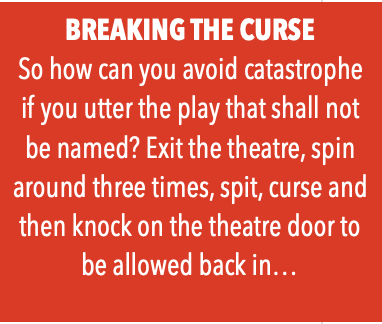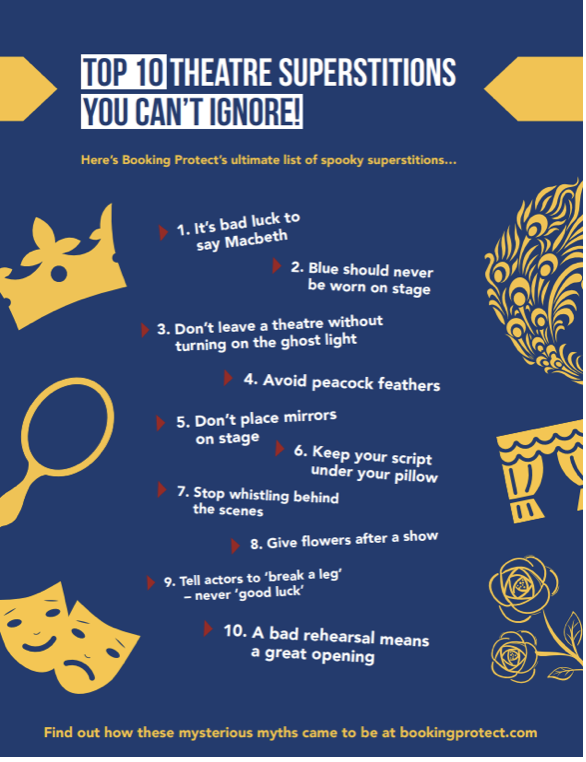Drama Tuesday - Actors, theatre and superstition
/Hooking drama students
Drama teachers often pepper their lessons with little gems plucked from theatre history. They can be fun and can sometimes be what are the take aways from the lesson for drama students. As an art form that conjures a kind of magic through make belief, it is not surprising that theatre has many intriguing superstitions and stories. Perhaps this accounts for some of the suspicion awarded to actors and theatre.
There are many other nuggets of information for drama teachers.
For example, St. Genesius, is known as the patron saint of actors. In the third century, during the reign of the Roman Emperor Diocletian, he is said to have worked as an actor in a number of plays. In order to get the Emperor’s approval, he played a role in which he satirised a Christian who was going to be baptised. In the middle of his presentation, Genesius was struck by the reality of what he was saying and was converted to Christianity on the spot, right there on the spot.
When he refused, he was put to death almost quickly after.
It’s always worth checking your community and attitudes to these small gobbets of theatre history.









